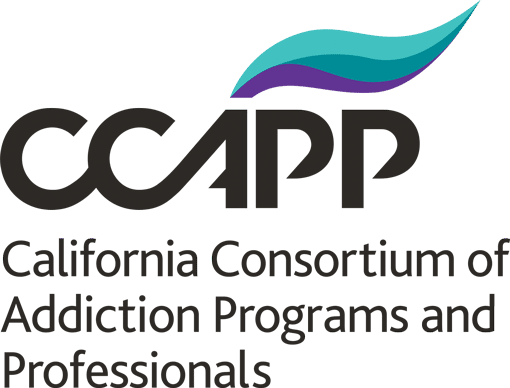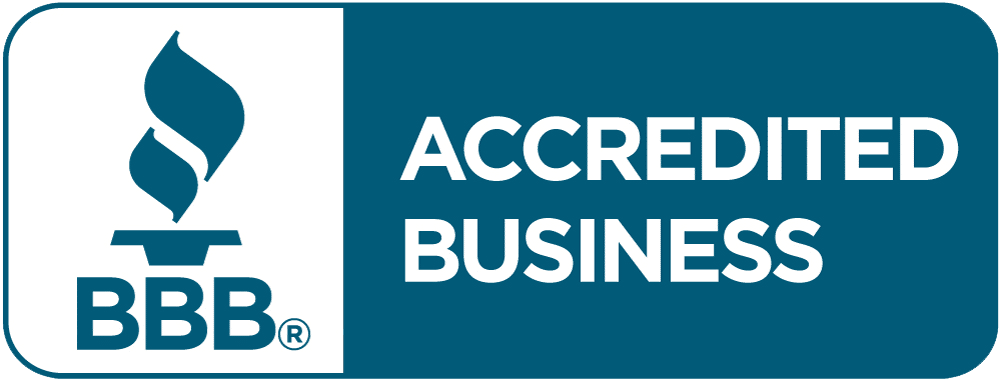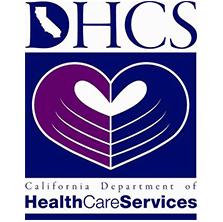
Drugs and alcohol have a negative effect on every organ in your body, although certain organs undoubtedly bear the brunt of the damage caused by addiction. It’s not easy to reverse the effects of the toxins brought on by addiction, but the right nutrition can help.
This article will discuss how addiction affects the body and the benefits of good nutrition while on your recovery journey.
Why Good Nutrition is Required for Addiction Recovery
During recovery, our nutritional needs are much higher than usual. In particular, the vitamins and minerals required for our organs to create naturally occurring feel-good chemicals like serotonin (which promotes well-being and happiness), GABA (which controls stress reactions and relaxation), and dopamine (which affects our emotional responses and feelings of motivation and satisfaction) are taken away from our bodies by substances like alcohol, opiates, caffeine, amphetamines, cocaine, nicotine, and marijuana.
Restoring these depleted nutrients gives the body energy, aids in the repair and regeneration of organ tissue, and strengthens the immune system, in addition to elevating our moods. This means that certain food choices can make us feel stronger physically, mentally, and emotionally.
Benefits of Nutrition in Sobriety
While everyone should eat a healthy, balanced diet, there are many ways that eating properly will support your sobriety.
It will primarily benefit your physical health. During active addiction, your body will have been deficient in many nutrients, and good nutrition can help replenish these nutrients.
Once you begin to eat healthy, you start to replenish your nutrients and will see a significant change in your mental health. That’s because a lack of vitamins and minerals in your body can lead to depression and anxiety. This explains why mood disorders are common among people who struggle with addiction. You’ll feel better physically and mentally when you put nutrition first.
Healthy eating habits also lead to increased energy! If you’re only consuming junk, then you’re not getting the right amount of nutrients your body needs, and you’ll feel like you have no energy. When you only eat junk and don’t eat the right amount of nutrients, you may feel like you have no energy. When you eat healthy foods, you fuel your body.
Foods That Support Sobriety
Although there are a variety of foods that can support your sobriety, there is never a one-size-fits-all answer. This is why it is important to consult with a dietician!
However, some foods are nutrient-rich and beneficial to you.
You should first make sure to eat plenty of foods that are high in vitamins and minerals. These consist of dairy, bananas, leafy greens, and other foods. Eat plenty of fiber-rich fruits and vegetables as well. Apples, broccoli, pears, chickpeas, and berries are a few excellent choices for foods that are high in fiber.
A diet that is nutritious and healthy must also include protein. Although chicken and other meats are high in protein, eating meat isn’t the only way to get it in your diet. Eggs, beans, and nuts are additional sources of protein.
Additional Sobriety Support
It’s crucial to stay nourished in sobriety while going through addiction recovery, but it’s also crucial to have people you can trust. Finding support can sometimes be the best way to keep you on the road to sobriety.












